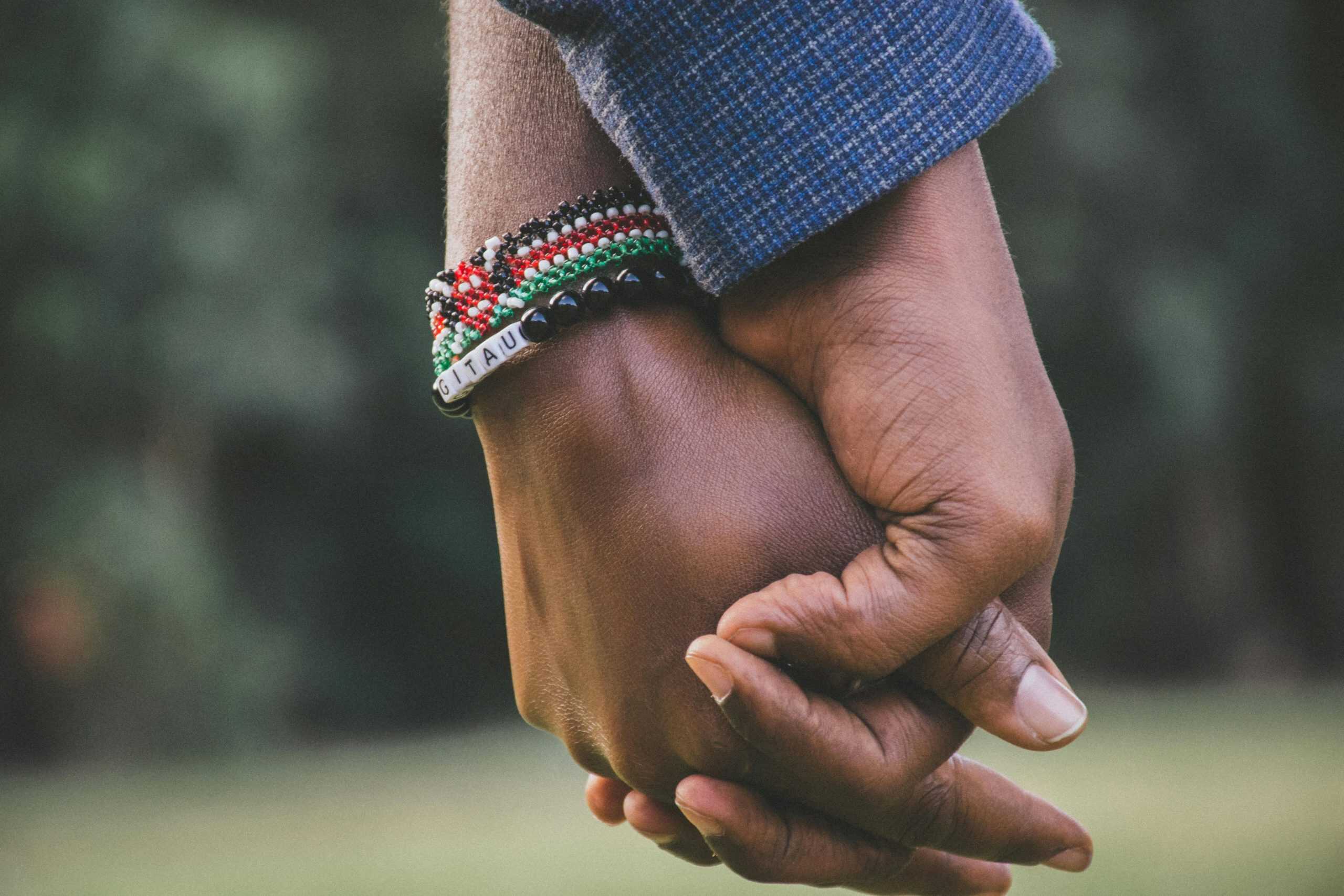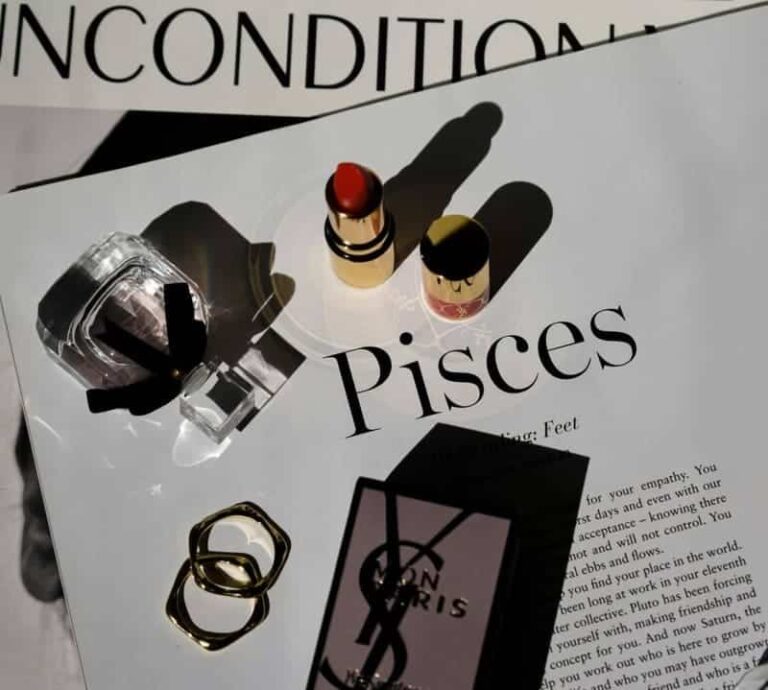Are Taking Breaks in a Relationship Healthy: A Comprehensive Breakdown
When the emotional waves in a relationship start to feel overwhelming, unpredictable, or just stagnant, many couples consider taking a break. It is not a sign of defeat but a thoughtful pause to reassess, recalibrate, and reconnect with themselves and each other. Taking a step back can stir up a mix of emotions, from fear and sadness to hope and healing. A well-planned way can provide the space needed for personal growth without completely severing ties in our fast-paced world, where communication styles and emotional needs frequently clash.
A break gives couples the chance to step outside their usual dynamic, reflect on their needs and priorities, and come back with a fresh perspective on themselves and their partner. However, taking a gap necessitates intention, established boundaries, and a well-thought-out strategy, just like any other successful strategy. It has the potential to deepen an emotional connection when approached with care, whereas if handled carelessly, it may only serve to widen existing gaps. So, what makes a gap beneficial or detrimental? That’s exactly what this article aims to explore.
What is a Break?
A relationship gap is like hitting the pause button for two people in love. It’s not the same as a breakup; instead, it’s a chance to take a step back, reflect, and think about what’s next for the connection. Couples often choose to take a rest when emotions are running high, communication is faltering, or when they feel the need to work on themselves. Both partners need to reach an agreement on the terms of the gap, such as how much contact they will keep or whether they will date other people, to avoid any misunderstandings.
Potential Benefits
Taking a break can help you learn a lot about yourself. It provides partners with the opportunity to reconnect with their objectives and determine their place in the relationship. In addition, it can help reduce tension by facilitating clearer thinking and lowering emotional heat. When couples come back together, they often find they can communicate better, manage their feelings more effectively, and appreciate each other in a new light.
Risks and Challenges
However, emotional difficulties can accompany breaks. If the boundaries aren’t clear, it can lead to confusion or anxiety, especially if one partner misreads the situation. Even when both agree to the break, feelings of jealousy can creep in if one starts dating someone else. Too many breaks can shake trust and bring unresolved issues to the surface. Emotional pain, like loneliness or fear of being abandoned, can also make the time apart feel more hurtful than healing.
How to Make a Productive Gap
Partners should set a time limit so they don’t drift apart forever, to ensure the gap is productive. Establishing clear rules about communication, intimacy, and dating others is crucial. This time should be used by each person to seriously reflect on their needs, personal development, and values. Occasionally checking in can help maintain trust and reduce emotional distance if both parties are at ease.
When a Break Might Be Helpful
When conflicts become relentless or emotional fatigue creeps in, taking a break can be incredibly beneficial. A gap can be very helpful if one or both partners want to develop as individuals or recover from past traumatic experiences that the companionship may be hindering. Life changes, such as moving, switching careers, or dealing with long-distance challenges, may also necessitate a short separation to help each person reconnect with themselves.
Final Thoughts
Taking a gap in a relationship doesn’t mean throwing in the towel; it’s more about creating space for each other in the ever-evolving journey of love and connection. It can be a thoughtful pause that gives both partners a chance to reflect on their needs, their current situation, and whether they are truly in sync for the future. A break can serve as a pivotal moment—an opportunity to return stronger, wiser, and more connected, provided it’s approached with clear boundaries, open dialogue, and mutual respect.
On the other hand, it can exacerbate emotional wounds and confusion if not handled with clarity and care. More than just the amount of time apart, the intention and self-reflection that accompany a relationship gap ultimately determine its success. It’s more about personal growth than love itself.






